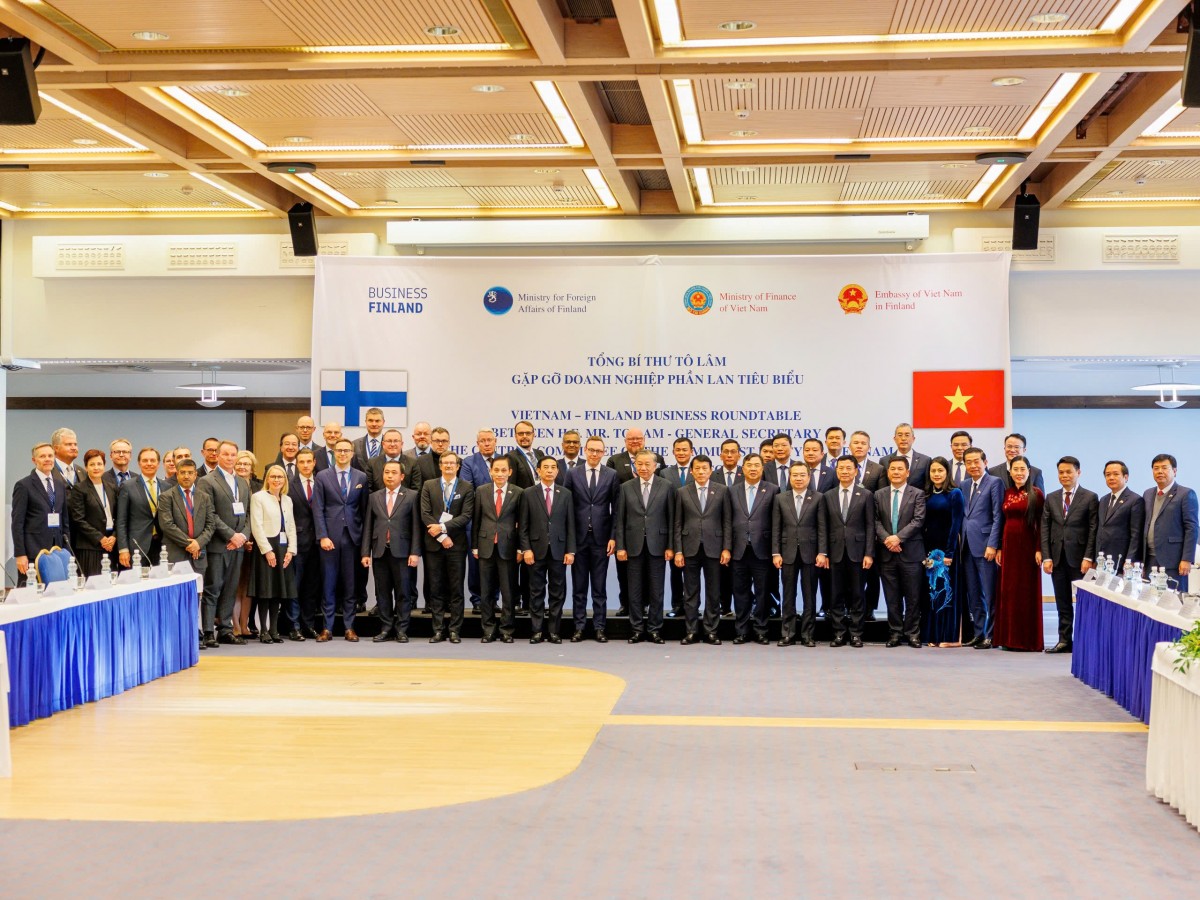Supporting enterprises to innovate technologies
16:28 | 06/05/2014

Technological innovation is vital for many Vietnamese sci-tech enteprises
The Ministry of Science and Technology (MOST) has submitted eight big acts to the National Assembly for approval, including those fundamental laws which had direct impacts on scientific and technological activities of enterprises such as the Law on Science and Technology (2013), the Law on Intellectual property rights (2005), the Law on Technology Transfer (2006) and the Law on High Technology (2008). Especially, the revised Law on Science and Technology supplemented new regulations, created favorable corridors and procedures for enterprises to raise sources of capital from the state and themselves to carry out scientific and technological tasks.
To further concretize legal rules on science and technology, the MOST has built and submitted many policies to the government to develop scientific and technological capability inside enterprises like the Resolution 119 encouraging enterprises to invest in Research and Development (R&D) activities, the assistance program on developing intellectual property of enterprises; the national programs on technological innovation and on improving quality and productivity of goods and products.
The MOST also proposed the government to allow the establishment of National Scientific and Technological Fund and most recently the national technological innovation fund. These funds opened more financial channels to provide more financial aids, loans and credit guarantee to help enterprises, especially small and medium-sized ones to conduct technological research, innovation and development to support production and business activities.
In addition, related ministries and sectors were also concerned about ways to encourage and attract enterprises to participate in scientific and technological activities and they have set up support programs like the National scientific and technological research program to develop pharmaceutical chemistry industry by 2020 of the Ministry of Industry and Trade (MOIT), the National program on development and application of biological technology in the field of agriculture and rural development by 2020 of the Ministry of Agriculture and Rural Development and the Project “Vietnam soon to become a strong country in Information Technology and Telecommunication” of the Ministry of Information Technology and Telecommunication.
The above mechanisms, programs and policies have initially brought opportunities to promote technological innovation among enterprises. As a result, Vietnamese enterprises have mastered many advanced technologies like the design and manufacturing technologies of hydro-mechanical equipment for high-capacity hydropower plants (Son La Hydropower project), the 90 meter jack-up drilling rig, high quality tin refining technology for export and design, construction and installation technologies of large-scale traffic and construction projects which are at the same levels with other countries in Southeast Asia.
However, apart from those enterprises that were willing to invest thousands of billions of dong in technological innovation activities like the Military-run telecom group (Viettel) Vietnam Oil and Gas Group (PVN) and Vietnam Dairy Products Joint Stock Company (Vinamilk), there were still many enterprises that have not paid much interest on scientific and technological activities.
Recent statistics of the Technological Application and Development Department showed that Vietnam’s investment in R&D was only about 0.7 percent of its GDP (equal to US$700 million) while the R&D out of GDP figures in the Republic of Korea was 3.57 percent, in China 1.7 percent (in 2009) and in India 0.76 percent (in 2007). The problem here was that 70 percent of Vietnam’s investment in R&D was from the government’s budget and the remaining 30 percent came from the society and enterprises. This reality reflected the enterprises’ slow innovation from two to three generations compared with average innovation in the world. The percentage of technological innovation of Vietnamese enterprises was only below 0.05 percent of their revenues.
However, the MOST has to look into the fact that the number of small and medium-sized scientific and technological enterprises accounts for 97 percent of the total enterprises of the sector, their possibility to raise fund to conduct research activities are more difficult than the big enterprises and they also find it harder to access tax, credit and land support policies due to not very smooth cooperation among relevant ministries and sectors. Moreover, the scientific and technological market in Vietnam is still at its early stage and has not developed adequately with its potential and there remain a lot of limitations in terms of technological supplies, the small number and low quality of technological transactions, underdeveloped technological transfers and weak legal framework to operate the market.
Therefore, to promote technological innovation among enterprises, the MOST determined that in the coming time it will continue to boost the reforms of management and financial mechanisms and create favorable corridors for enterprises to implement scientific and technological tasks on time. The MOST will mobilize its resources to implement programs relating to developing scientific and technological capability among enterprises such as the national program on technological innovation and the program on the development of national products.
In addition, the MOST will soon complete the legal regulations to operate the National technological innovation fund. It will also enhance cooperation with ministries, sectors and localities to remove difficulties in terms of incentive policies and mechanisms to encourage the implementation of scientific and technological tasks of enterprises.
Source: VEN










